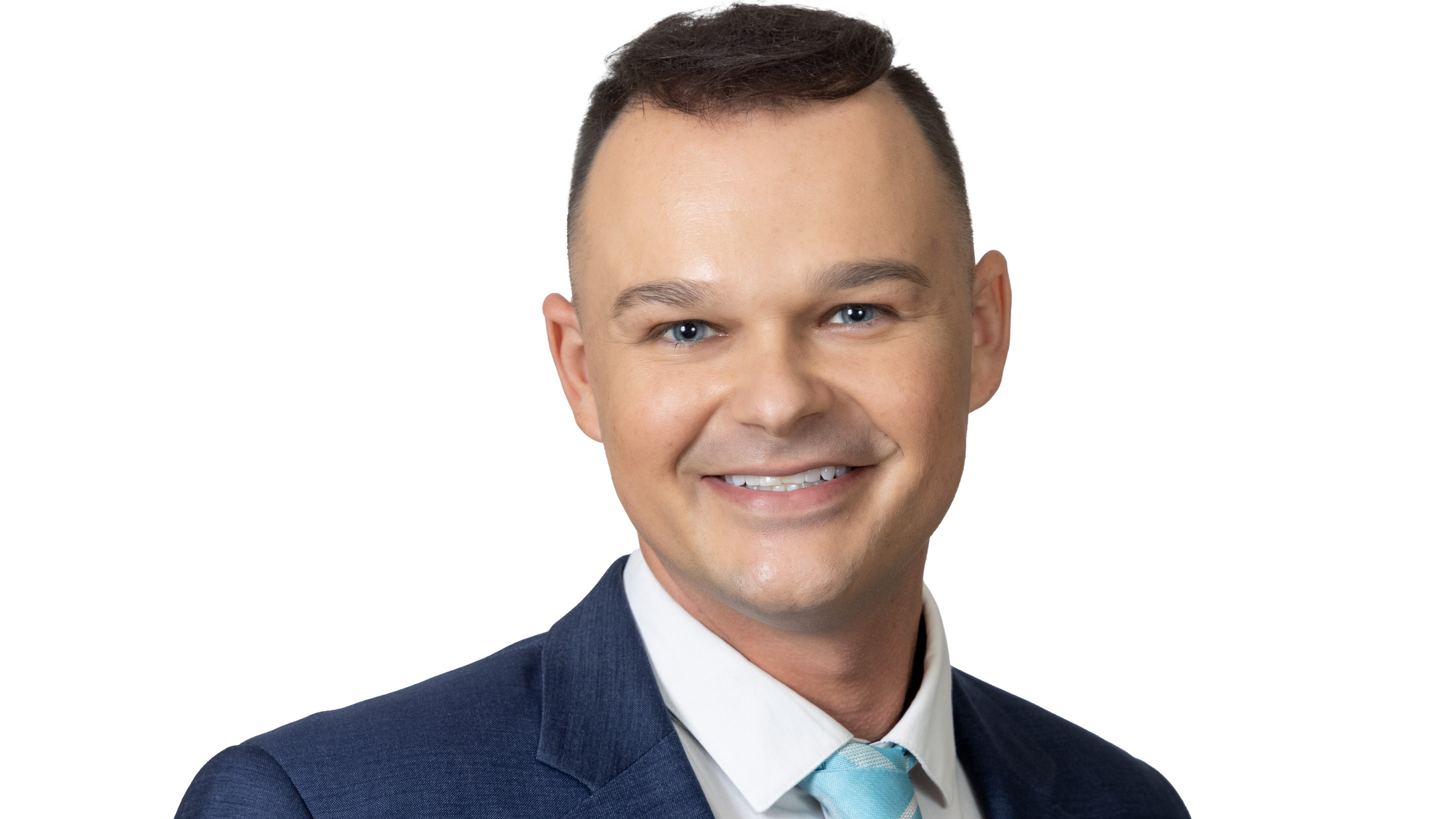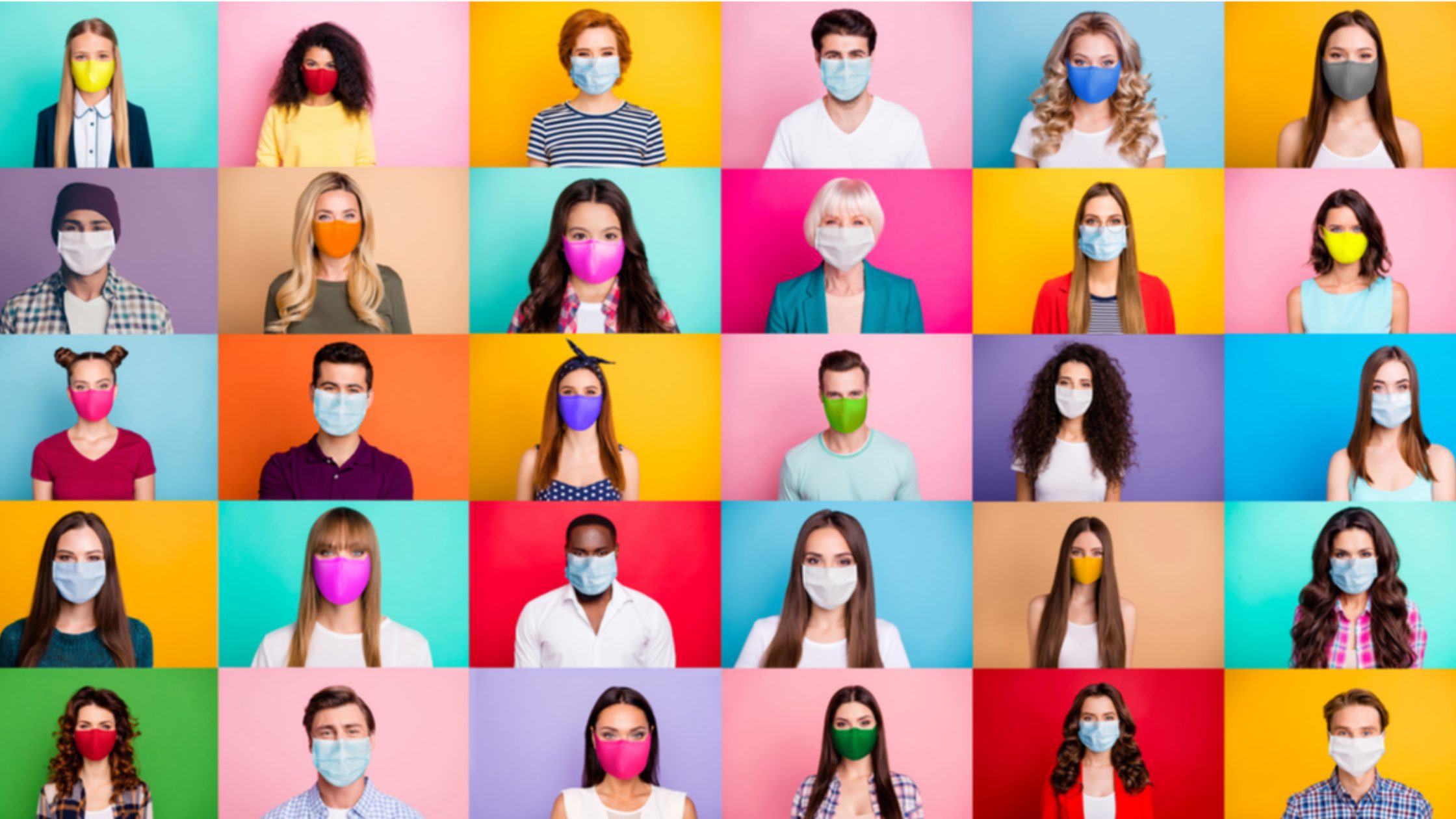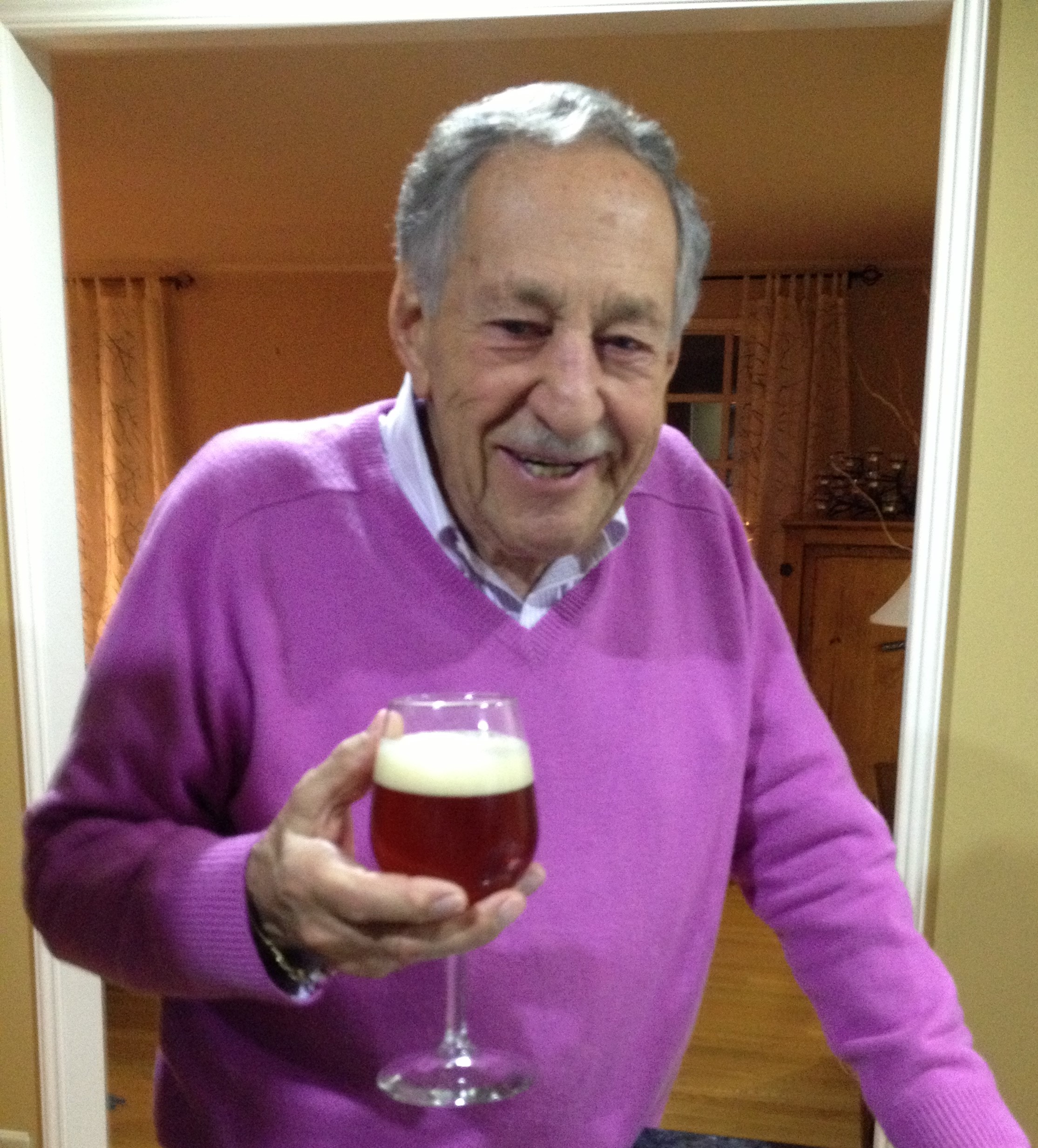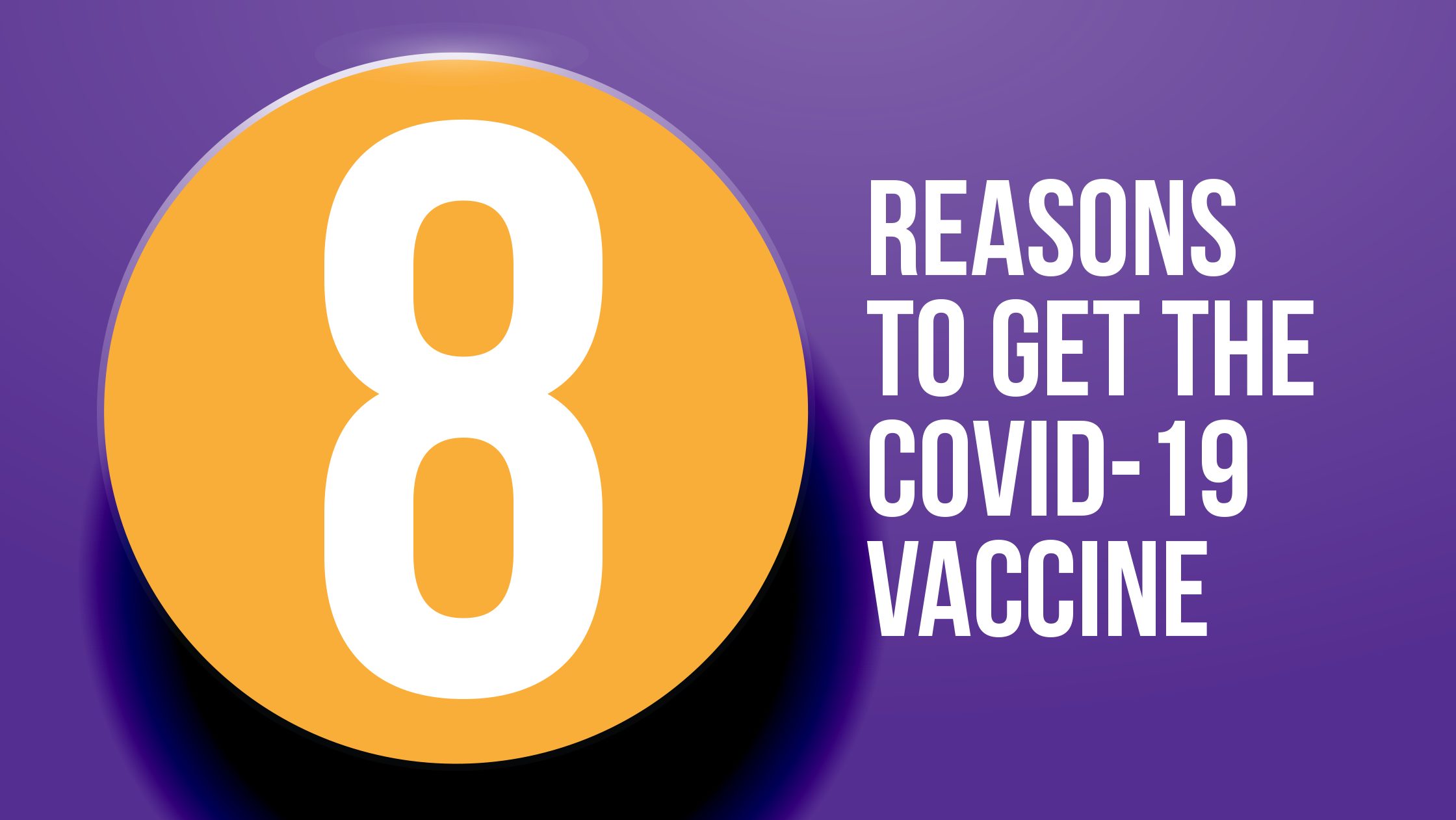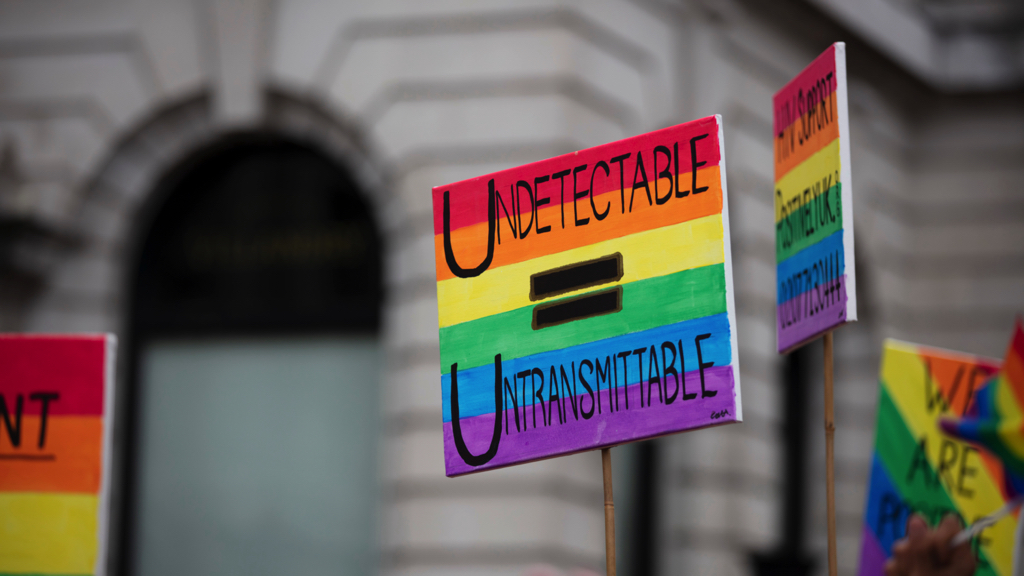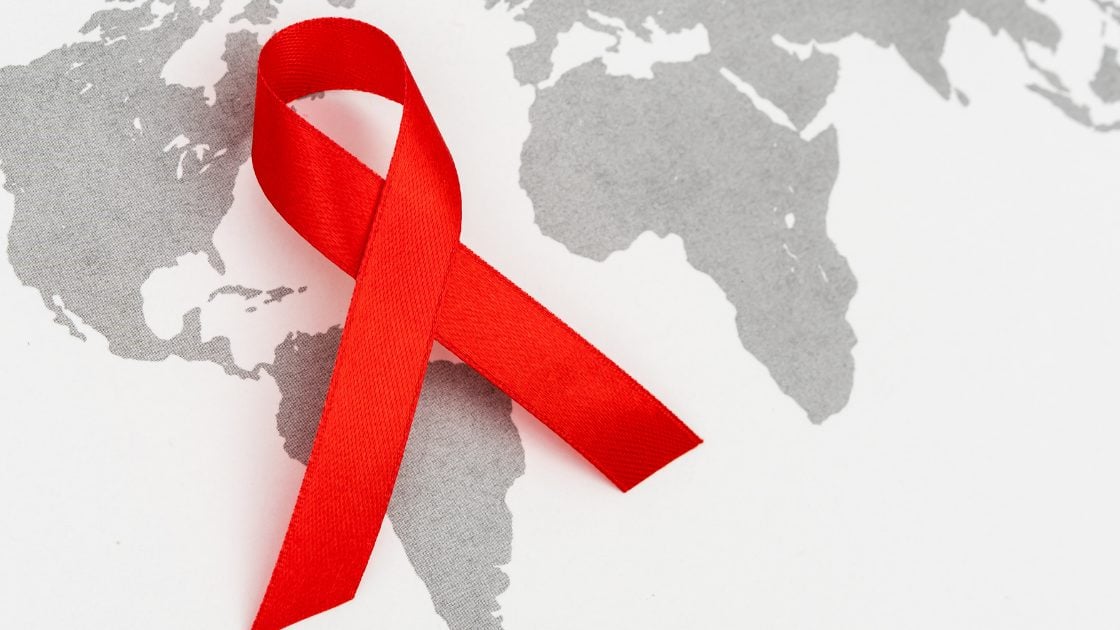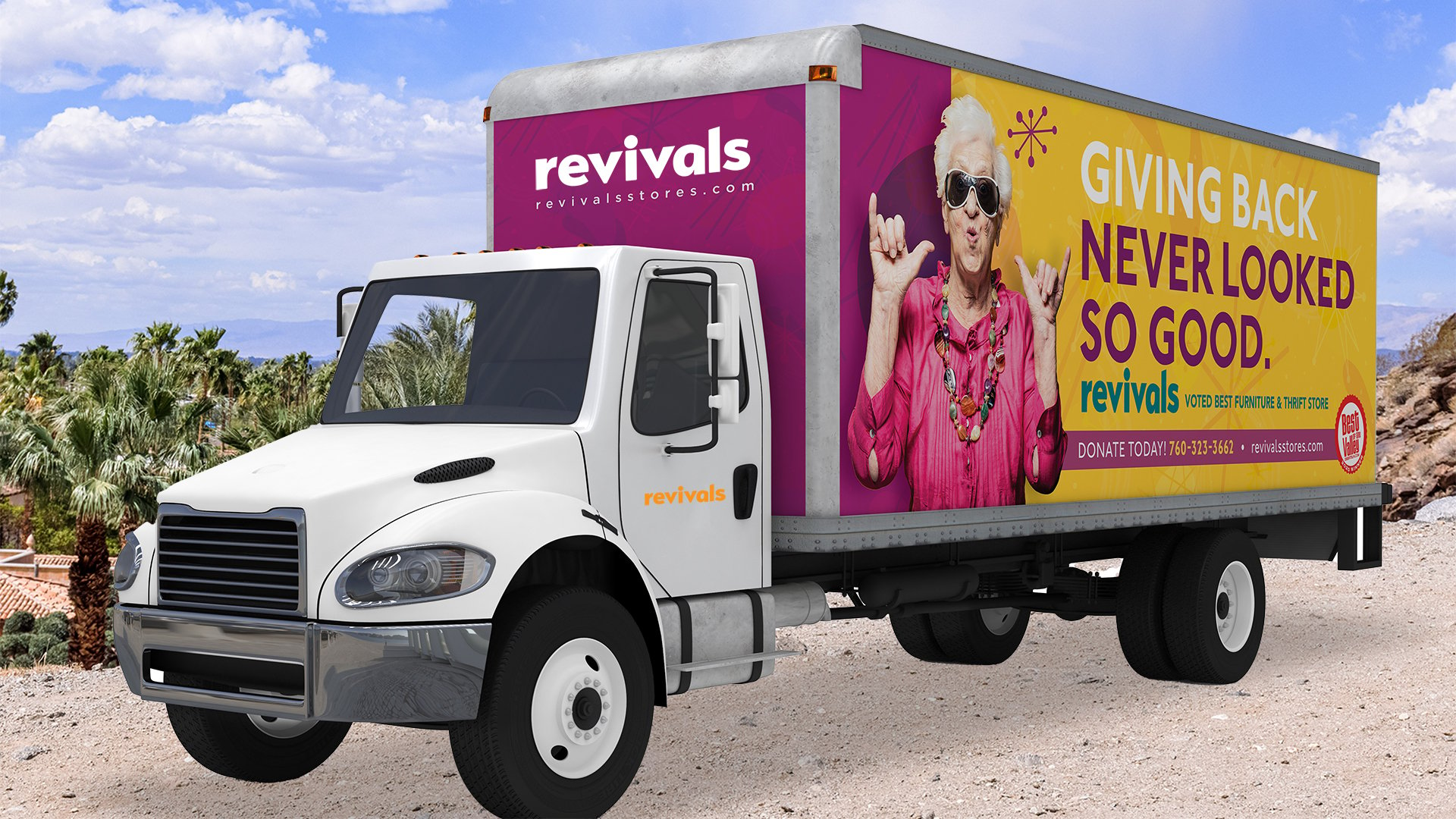
Revivals Stores bring mid-century modern treasures, resale to Coachella Valley
By Robert Hopwood
Revivals Stores has added another location in Indio, increasing the retail chain to four stores. The new store is located at Indio Plaza, a popular shopping center.
The 18,000-square-foot store will bring Revivals' unique mix of products to east valley consumers for the first time. And desert residents and visitors get another location to find that soon-to-be heirloom or rare piece of merchandise they didn't know they wanted.
Known for influencing the valley’s resale industry by blending and curating new items with resale items, Revivals has gained a reputation for discoverability and affordability, says Steve Henke, director of Brand Marketing for DAP Health.
About 70 percent of the merchandise at Revivals Stores is resale, and 30 percent is new. The chain's broad community of donors provides a steady supply of resale merchandise. Revivals also features the Mode Furniture brand of new furniture, lighting, and home decor.
"Revivals was early to innovate and is the only thrift store in America with its own brand of affordable new furniture," says Dane Koch, director of retail for DAP Health. "We buy a different assortment for each store location to reflect the communities we serve."
Revivals Stores serve Palm Springs, Cathedral City, Palm Desert and Indio.
"We are a resale store with resale prices, but we operate like a regular retailer," Koch says. "Our stores are clean; they're organized, they're easy to shop."
That's important.
"Our philosophy is that resale doesn't need to be ugly," Koch says. "It doesn't need to be messy … it doesn't need to be dirty."
Revivals Stores tend to be cleaner and brighter than other thrift stores, Henke explains. They're merchandised more like department stores to have kind of an elevated shopping experience.
Revivals has a unique vibe that appeals to a disparate group of consumers, from the budget-conscious shopper to the valley's best interior designers to desert socialites. Even those in the film industry — costume designers and set designers — can be found at Revivals, Henke says.
"A lot of people come to Revivals because they want the real deal," Henke says. "You know, they want that lamp from a certain era, or they want that sofa with the original fabric, or they want that jacket from, you know, a specific decade."
Shoppers want to find something unique and get it at the right price. It's the thrill of the hunt, Henke explains. As they scour Revivals' shelves and clothing racks, they slowly make their way down Highway 111, stopping at each store.
They might be looking for the fourth glass to complete a collection that was missing that glass, Henke suggests. They may have found something that evokes a memory. Or maybe they see the perfect reading lamp for the living room. The hunt is different for each person.
Shoppers often shop at all four Revivals locations because each store is unique.
The Palm Springs shop focuses on all things midcentury modern, the Cathedral City branch trades on value, and the Palm Desert outlets' assortment is more traditional in style.
"The mix of product tends to be reflective of the communities closest to that store," Henke explains. "So every store has a different and unique mix of product and assortment."
Revivals Stores is part of DAP Health, an advocacy-based health center serving more than 9,700 patients. Both the store and health center have strong roots in the community. Revivals donates all its profits to DAP Health — more than $1,000,000 annually — so people who need healthcare can get it.
Revivals Stores are staffed by 180 volunteers who support the mission of DAP Health. They donate about 13,000 hours a year to staff all four stores, said Henke. And they're local, so they get to form relationships with each shopper.
"There is a magic sauce to Revivals that’s hard to define, said Henke. "You know, it's a lot of bits and pieces that come together to make it what it is, but there is no other retail store like it. In many ways, it’s retail the way retail used to be when shopping was an exciting experience and the stores employees knew their customers names."









